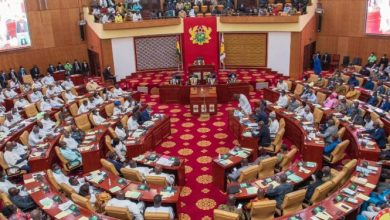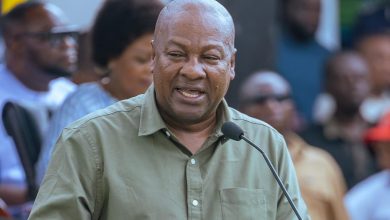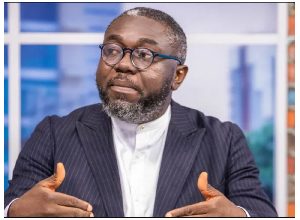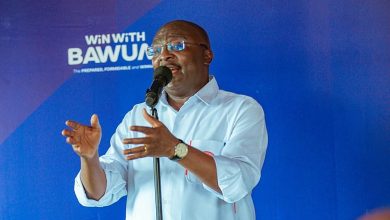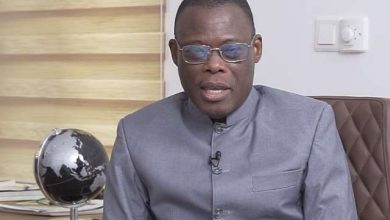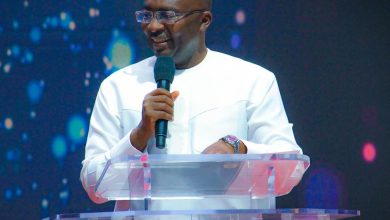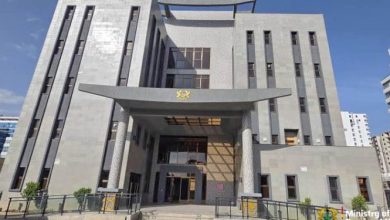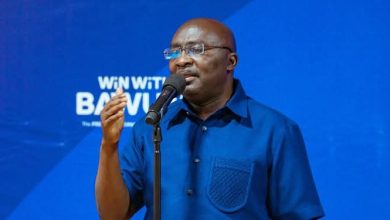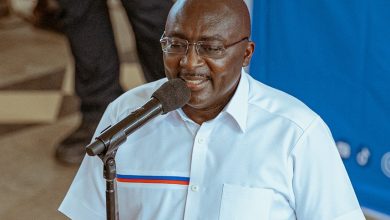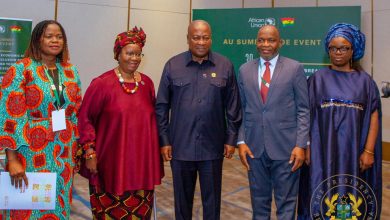Ghanaians to pay tax for Covid-19 ‘free water’ enjoyed to fill economic gap – Information Minister
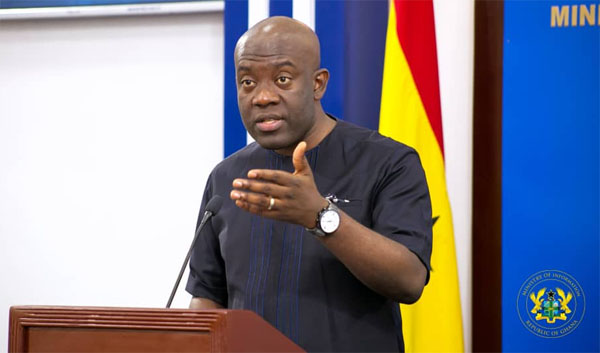
Information Minister, Kojo Oppong Nkrumah has indicated that Ghanaians will have to pay for the free provision of water and electricity introduced by the government in 2020 as part of measures to curb the spread of the novel coronavirus.
President Akufo-Addo in April 2020, announced a free utility package for the vulnerable in the country to lessen the virus’ negative impact following a lockdown in Accra and Kumasi .
Again, Akufo-Addo in his 21st address to the nation said, “With the continuing difficulties occasioned by the pandemic, I want to state that government intends to continue to support the most vulnerable in our society.
“Government will, thus, continue to pay the electricity bills for our nation’s one million active lifeline customers for the next three months, i.e. January, February and March.” Mr Nkrumah said “It was free to the people of Ghana at the time.”
According to him, the decision last year was because the pandemic was a looming crisis and the government had to improvise for the country’s well-being.
“When we say free electricity it doesn’t mean that the IPP producer is also going to say because the President has said free electricity I won’t charge for it.”
Mr Nkrumah said Ghana has spent about ¢19 billion on Covid-19 related issues and that includes the relief package on the utilities.
“But that 19 billion cedis has to be paid for at some point, the liabilities we have incurred has to be paid for,” he indicated Monday night.
“So I am going back to Ofoasi to explain to my people why we need to ensure that we all pay that 1% extra so that we can continue to provide those services for the people of Ghana to protect lives and livelihoods,” he said.
This, according to him, will help ameliorate the economy and bridge the gap between the country’s income and expenditure. Mr Oppong Nkrumah said the gap has been widened even further by Covid-19 adding that “we are at a point where you have to make a choice.”
He noted that there is a need to, “get our people collectively across the device to understand that at some point, we have to get out of this economic one-step-forward half-a step-back, sometimes one step forward, two steps backwards conundrum in which we find ourselves.
“To do that, we cannot consistently borrow our way out of our problems, domestic resource mobilisation has to be tweaked and it has to be done in a way that you can raise resources without overburdening the people.”
“everything we consume in this country is paid for.” The Information Minister added. “If not, we will arrive at that graph you showed us earlier where the gap keeps widening.” According to him, the government’s decision to provide the free utilities was a strategic choice made on behalf of Ghanaians.
He cited: “If we are at war and the government has to make a decision that we have to procure ABCDEFG to go war and win that war and does not necessarily task the population for it today and mobilises for us to achieve it, it is well in order for the government when we have won the war or on a clear path to winning the war.”
He, therefore, observed that failure to introduce some tax components to solve the problem means “we will get to a point where our economy cannot pay for basic service debt, pay wedges and salaries and do things that prior to 2016 we found ourselves doing.”
Meanwhile, Former Deputy Finance Minister, Dr Cassiel Ato Forson on the same program maintains the government has been reckless with its expenditure. According to him, the impact of Covid-19 on the economy is not as bad as the government seeks to portray.
Source: Myjoyonline

